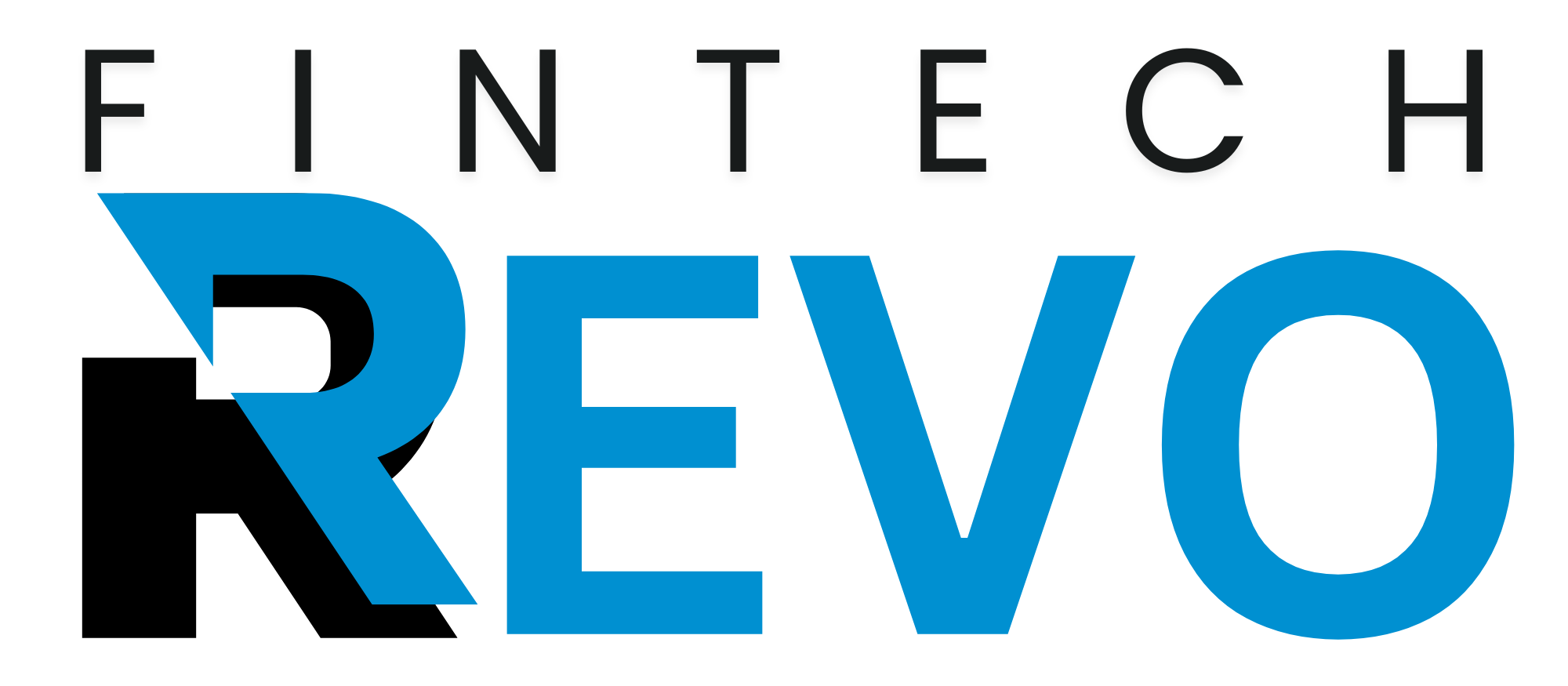In today’s fast-paced business world, data is often referred to as the new oil. The companies that harness the power of data analytics can make more informed decisions, optimize operations, and gain a competitive edge. But with so many data analytics firms out there, how do you know which ones stand out?
In this article, we’ll walk through some of the top data analytics companies, highlighting their unique offerings, services, and why they are leading the charge in transforming data into actionable insights. Whether you’re looking to partner with a data-driven company or are just curious about the industry’s best, we’ve got you covered.
Best Data Analytics Companies to Watch in 2025-2026
Below is a list of some of the most reputable data analytics companies. These firms have consistently demonstrated innovation, expertise, and a proven track record in delivering powerful data insights for businesses across various sectors.
| Company Name | Services Offered | Specialization | Year Established |
| Palantir Technologies | Big data analytics, AI, and machine learning | Government, finance, healthcare | 2003 |
| IBM | AI, cloud computing, data analytics | Technology, retail, healthcare | 1911 |
| SAS | Advanced analytics, business intelligence | Finance, retail, healthcare | 1976 |
| TIBCO | Data integration, analytics | Telecom, energy, finance | 1997 |
| Tableau | Data visualization, business intelligence | Marketing, retail, education | 2003 |
| Qlik | Data analytics, data visualization | Healthcare, finance, education | 1993 |
| Cloudera | Data engineering, machine learning, big data | Retail, tech, finance | 2008 |
| Databricks | AI, machine learning, data engineering | Tech, media, finance | 2013 |
| Splunk | Data analytics, machine learning, IT operations | IT, security, healthcare | 2003 |
| MicroStrategy | Business intelligence, data analytics | Retail, finance, healthcare | 1989 |
Palantir Technologies: Transforming Big Data Into Actionable Insights
Palantir Technologies is a leader in the field of big data analytics. Founded in 2003, the company is known for its advanced AI and machine learning capabilities. With a deep focus on government, finance, and healthcare sectors, Palantir has earned a reputation for solving complex problems, from improving national security to optimizing healthcare systems.
Palantir’s platform, particularly Palantir Foundry, helps organizations aggregate, visualize, and analyze data, which leads to faster, more accurate decision-making. The company’s unique approach to big data analysis, paired with its highly customizable solutions, ensures that organizations of all sizes can extract meaningful insights from their data.
Why Choose Palantir?
- Deep expertise in handling large, sensitive datasets, especially in highly regulated industries.
- AI-powered solutions for predictive analytics and decision-making.
- Customization and scalability make it ideal for both government and private sector clients.
IBM: A Legacy of Data-Driven Innovation
Founded in 1911, IBM has long been a trailblazer in the tech industry, and its data analytics capabilities are no exception. With offerings ranging from AI and machine learning to cloud computing and business intelligence, IBM’s solutions are used by some of the world’s largest companies across industries like retail, healthcare, and technology.
IBM’s data analytics services are highly scalable, allowing businesses to run complex analytics across massive datasets. IBM’s Watson, its AI-powered analytics platform, is particularly popular for its natural language processing and cognitive computing features, making it an invaluable tool for companies looking to streamline operations and make data-backed decisions.
Why Choose IBM?
- Long-standing industry leadership with over a century of experience.
- Wide range of services across AI, cloud, and data analytics.
- Watson AI platform, offering powerful insights from structured and unstructured data.
SAS: Advanced Analytics for Business Intelligence
SAS has been a key player in the analytics space since 1976. The company specializes in advanced analytics, business intelligence, and data management, helping organizations improve their decision-making processes. SAS solutions are widely used across industries, with a strong foothold in finance, retail, and healthcare.
SAS’s software suite includes predictive analytics tools, machine learning algorithms, and data visualization solutions, making it easier for businesses to analyze and interpret large datasets. The company also offers services tailored to specific industries, allowing clients to solve challenges unique to their business environment.
Why Choose SAS?
- Comprehensive analytics suite, offering everything from data visualization to machine learning.
- Industry-specific solutions, designed to solve the unique problems of finance, retail, and healthcare.
- Trusted by global leaders in various sectors for decades.
TIBCO: Integrating and Analyzing Data Across Platforms
TIBCO, founded in 1997, has carved a niche in the data analytics industry by focusing on data integration and analytics. The company helps businesses across sectors like telecom, energy, and finance integrate data from multiple sources and derive insights that drive informed decisions.
TIBCO’s analytics platforms, such as TIBCO Spotfire, are particularly known for their ability to integrate disparate data sources, making it easier for businesses to gain a unified view of their operations. TIBCO also excels in real-time analytics, allowing businesses to act on insights faster and more effectively.
Why Choose TIBCO?
- Data integration capabilities, allowing businesses to consolidate and analyze data from diverse sources.
- Real-time analytics, providing businesses with up-to-the-minute insights for quicker decision-making.
- Extensive industry experience, particularly in telecom, energy, and finance.
Tableau: Revolutionizing Data Visualization
Founded in 2003, Tableau is one of the most popular data visualization platforms in the world. Known for its ease of use and powerful visualization capabilities, Tableau is trusted by organizations across industries like marketing, retail, and education.
Tableau’s platform allows users to create dynamic visualizations that make complex data sets easier to understand. By offering drag-and-drop functionality and powerful data filtering options, Tableau has become a go-to tool for professionals who want to present data in a clear, engaging way.
Why Choose Tableau?
- User-friendly design, making complex data accessible even for non-technical users.
- Powerful visualization tools, allowing businesses to present data in a more digestible format.
- Widely adopted across industries, with a strong focus on marketing, retail, and education.
Qlik: Data Analytics and Business Intelligence for Smarter Decisions
Qlik, established in 1993, has built a reputation for delivering high-quality data analytics and business intelligence solutions. The company’s offerings are used by organizations in healthcare, finance, and education, among others.
Qlik’s unique selling point is its associative data model, which allows users to explore data in multiple ways without predefined paths. This approach encourages discovery and deeper insights, making it easier for businesses to make smarter, more informed decisions.
Why Choose Qlik?
- Associative data model, enabling users to explore data freely and discover new insights.
- Tailored analytics solutions for specific industries, including healthcare and finance.
- Strong focus on data-driven decision-making, with a user-friendly platform.
Cloudera: Big Data and AI Solutions for the Modern Enterprise
Cloudera, founded in 2008, specializes in big data analytics and machine learning. With a focus on industries like retail, tech, and finance, Cloudera provides enterprises with the tools they need to process, analyze, and act on massive datasets.
Cloudera’s platform integrates data engineering, machine learning, and advanced analytics into a single solution, making it easier for organizations to gain valuable insights from their data. The company’s open-source tools also make it an appealing choice for businesses that want to build custom analytics solutions.
Why Choose Cloudera?
- Comprehensive big data solutions, including machine learning and data engineering.
- Scalable platform, perfect for enterprises dealing with large volumes of data.
- Open-source tools, providing flexibility and customization options.
Databricks: AI-Powered Analytics for the Modern Data Stack
Databricks, founded in 2013, is a cloud-based data analytics company that focuses on AI and machine learning. With a focus on tech, media, and finance, Databricks has become a top choice for businesses looking to implement cutting-edge data science tools.
The company’s unified analytics platform simplifies data engineering, machine learning, and data science workflows, making it easier for teams to collaborate and build AI-driven applications.
Why Choose Databricks?
- Unified platform for data engineering, machine learning, and data science.
- Focus on AI and machine learning, providing businesses with the tools to innovate.
- Cloud-based solution, offering flexibility and scalability for growing businesses.
Splunk: Analytics for IT and Security Operations
Splunk, founded in 2003, specializes in IT operations and security analytics. Known for its ability to analyze machine-generated data, Splunk helps businesses gain insights into their IT infrastructure and security posture.
Splunk’s platform is particularly popular among organizations in the IT and security industries, as it allows them to monitor systems, detect anomalies, and ensure compliance in real time. It’s an invaluable tool for businesses looking to improve operational efficiency and safeguard their systems.
Why Choose Splunk?
- Expertise in IT and security analytics, providing deep insights into IT operations and security environments.
- Real-time data monitoring, allowing businesses to detect issues as they occur.
- Wide range of use cases, from IT to security and compliance.
MicroStrategy: Empowering Business Intelligence
Founded in 1989, MicroStrategy is a global leader in business intelligence and data analytics. The company’s software suite allows businesses to gain insights from their data and make informed decisions that drive growth.
MicroStrategy is particularly known for its powerful business intelligence features, which allow users to create interactive dashboards, reports, and data visualizations. The company’s platform also supports advanced analytics, such as predictive modeling and trend analysis, helping businesses stay ahead of the curve.
Why Choose MicroStrategy?
- Comprehensive business intelligence suite, perfect for large enterprises.
- Advanced analytics capabilities, including predictive modeling and trend analysis.
- Highly customizable dashboards and reports, making it easy for businesses to track key metrics.
Conclusion
Choosing the right data analytics company can have a profound impact on your business. Whether you’re looking to integrate AI into your operations, improve decision-making through data visualization, or unlock the potential of big data, the companies listed above provide a range of services that can meet your needs.
By partnering with one of these top data analytics firms, you can harness the power of your data to drive growth, streamline operations, and gain a competitive edge in your industry.
The source of this information is FinTech Revo .com
Important Questions
What industries benefit the most from data analytics?
Data analytics offers immense value across various industries. In sectors like healthcare, data analytics helps to improve patient care by identifying trends in medical conditions, predicting outbreaks, and streamlining hospital operations. Retailers use analytics to optimize inventory, understand customer purchasing patterns, and improve supply chain management.
Finance companies benefit from fraud detection and risk assessment, while technology firms use data analytics to enhance product development and user experience. Additionally, telecom companies use analytics for customer churn prediction and energy firms use it to optimize resource management.
How do data analytics companies ensure data privacy and security?
When dealing with sensitive business and consumer data, data privacy and security are critical. Leading data analytics firms implement advanced encryption techniques, access controls, and compliance protocols to meet global data protection regulations such as GDPR and HIPAA.
For example, platforms like Palantir and IBM offer secure cloud solutions that feature data anonymization and secure data sharing capabilities to ensure that all business-critical information remains protected. These companies also conduct regular security audits and vulnerability assessments to mitigate risks.
How can a business integrate data analytics into its existing processes?
Integrating data analytics into business operations typically involves a few strategic steps. First, businesses need to select the right analytics platform based on their data needs, such as Qlik or Tableau, and align it with existing IT infrastructure. Next, companies must ensure data cleanliness—removing inconsistencies and errors from data to make analysis accurate.
Data engineers and data scientists then work to implement machine learning models or predictive analytics to automate decision-making. Businesses should also establish real-time data processing pipelines to make data-driven insights immediately actionable.
What is the difference between business intelligence (BI) and data analytics?
While both business intelligence (BI) and data analytics involve data-driven decision-making, they differ in their approaches. BI generally refers to the process of gathering historical data, analyzing trends, and producing reports or dashboards to improve strategic decision-making. Tools like MicroStrategy are popular in BI for creating detailed reports and dashboards.
On the other hand, data analytics encompasses a broader spectrum, including predictive analytics, big data processing, and AI-driven insights. It allows businesses to not only analyze historical data but also forecast future trends and optimize real-time decision-making.
How do machine learning and artificial intelligence integrate with data analytics?
Machine learning (ML) and artificial intelligence (AI) are essential elements of modern data analytics solutions. AI and ML algorithms analyze large datasets to uncover patterns and insights that would be difficult for humans to identify manually. For instance, Databricks and Palantir offer platforms that integrate machine learning to enhance the predictive power of analytics by automating decision-making.
These technologies enable predictive maintenance in manufacturing, customer behavior prediction in retail, and fraud detection in finance. AI models also help optimize data processing, ensuring that data is not only analyzed efficiently but also utilized proactively.






